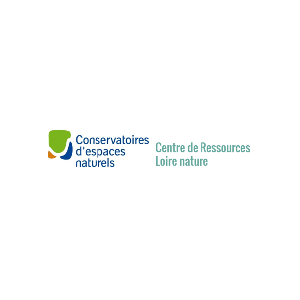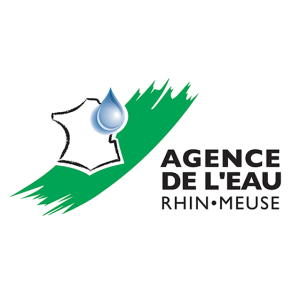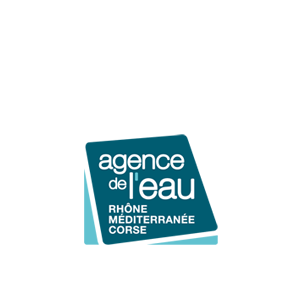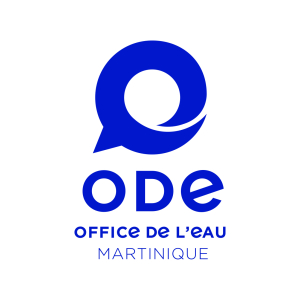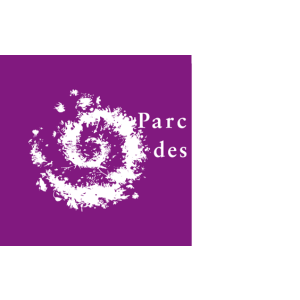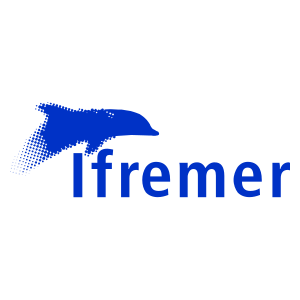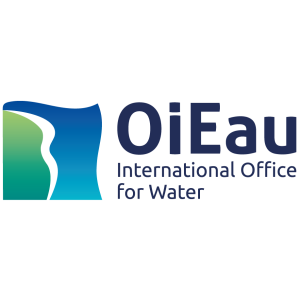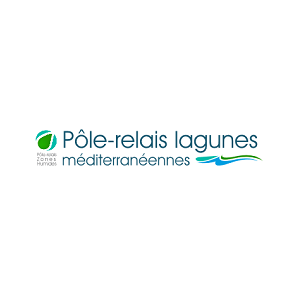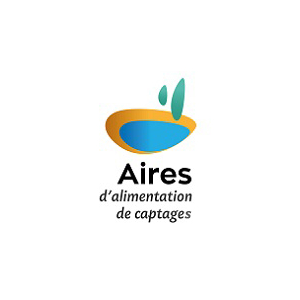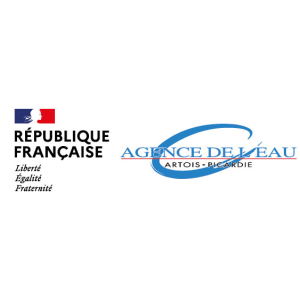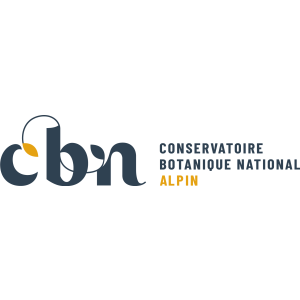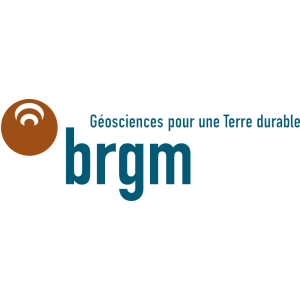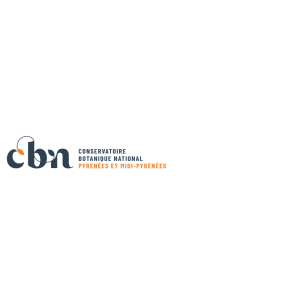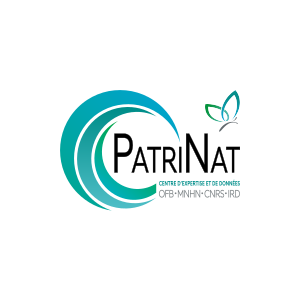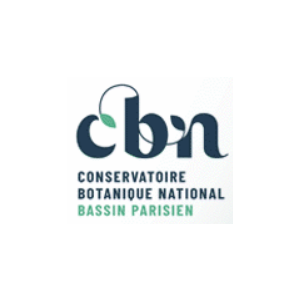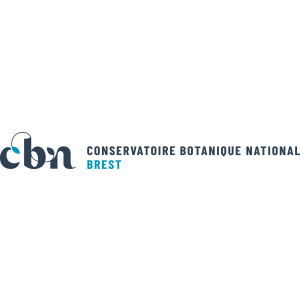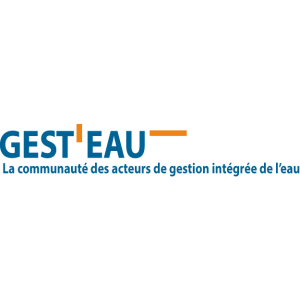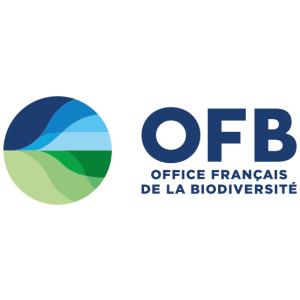
Document généré le 04/02/2026 depuis l'adresse: https://www.documentation.eauetbiodiversite.fr/fr/notice/strategies-d-approvisionnement-et-d-innovation-des-entreprises-de-transformation-des-produits-de-la-mer
Stratégies d'approvisionnement et d'innovation des entreprises de transformation des produits de la mer
Titre alternatif
Producteur
Contributeur(s)
Éditeur(s)
Université de Bretagne Occidentale
Identifiant documentaire
9-262
Identifiant OAI
oai:archimer.ifremer.fr:262
Auteur(s):
Le Roux, Johann
Mots clés
Sea food processing industry
Agrofood industry
Sea food products
Supply
Innovation
Industrial organisation
Industrie halio alimentaire
Industrie agroalimentaire
Produits de la mer
Approvisionnement
Innovation
Economie industrielle
Date de publication
18/12/2003
Date de création
Date de modification
Date d'acceptation du document
Date de dépôt légal
Langue
fre
Thème
Type de ressource
Source
Droits de réutilisation
info:eu-repo/semantics/openAccess
Région
Département
Commune
Description
The seafood processing industry (SPI) is based on a natural renewable and common resource, these properties are different from those of agricultural resource. Can this distinction called in question the transposition of the model of development of the food processing industry to the SPI ? More precisely, can this distinction created differences concerning supply and innovation strategies between the two industries? To treat the problem, we join together two fields of investigation generally treated in a disjoined way : fishery economy and industrial organisation.
We used a bio-economic model to analyse the incidence of the common-property of living marine resources. It shows some particularities on tree way : the expansion of the market, the supply strategy and innovation behaviour. To verify these results in the French case, we developed a methodology inspired by the Structure-Conduct-Performance paradigm. We also used the product life cycle theory and some concepts of the evolutionary theory.
The application of the methodology required the collection of information starting from pre-existent data. These information led to a typology of the behaviours. Moreover, we examined the performances of the innovation strategies. The results show that the particularities of fishing industry are reflected clearly on supply behaviours but they are less influential on innovation strategies ; they are also reflected on the development of the industry of the products frozen by limiting the growth of the market, phenomenon likely to be reproduced with other divisions of the IHA.
Accès aux documents
0
Consultations
0
Téléchargements
